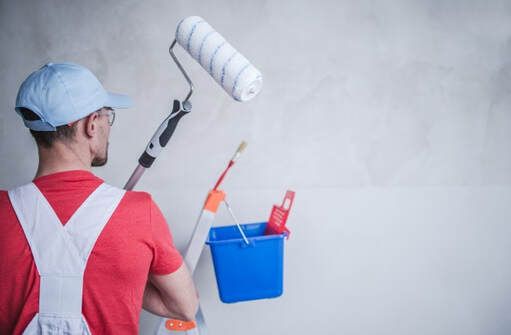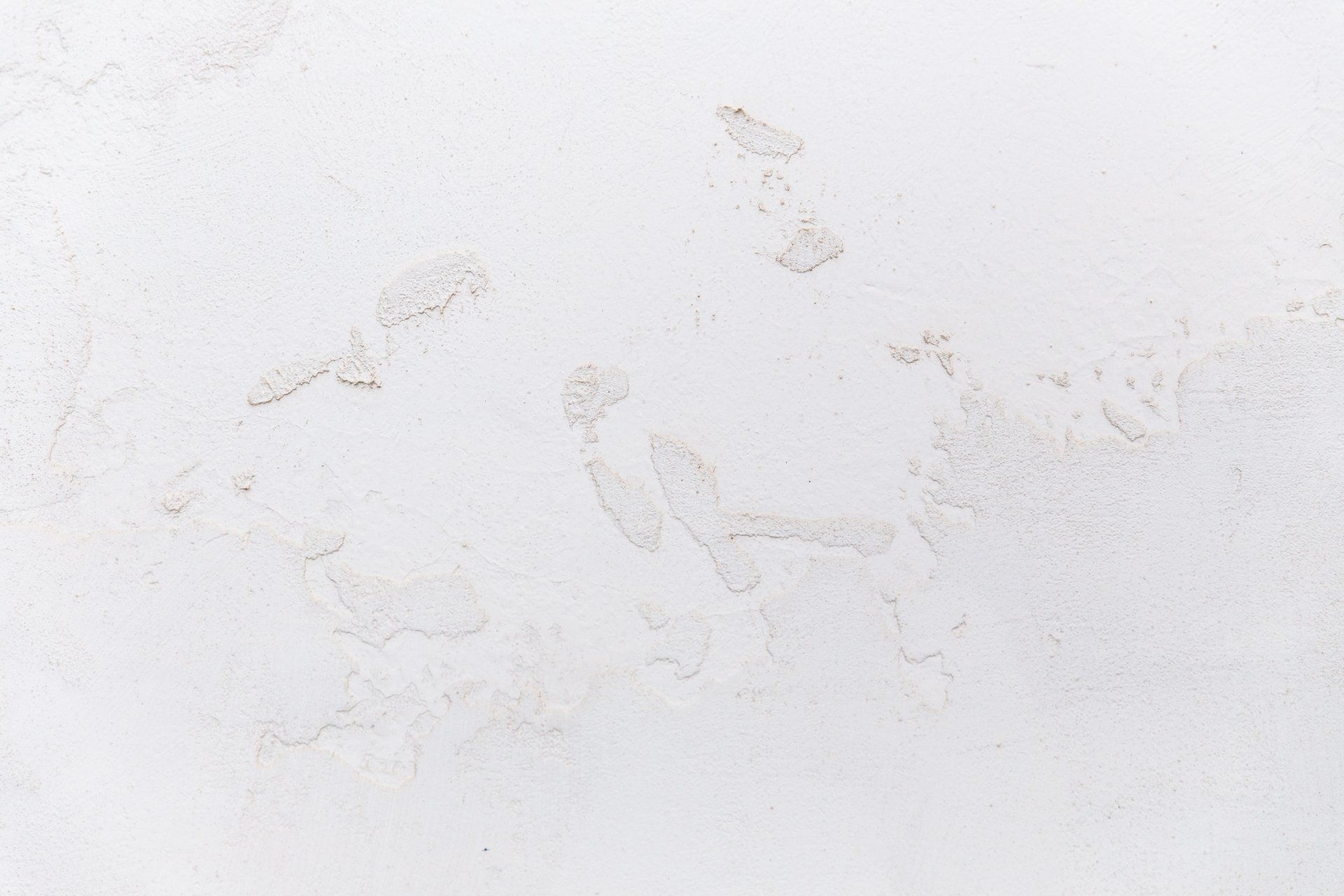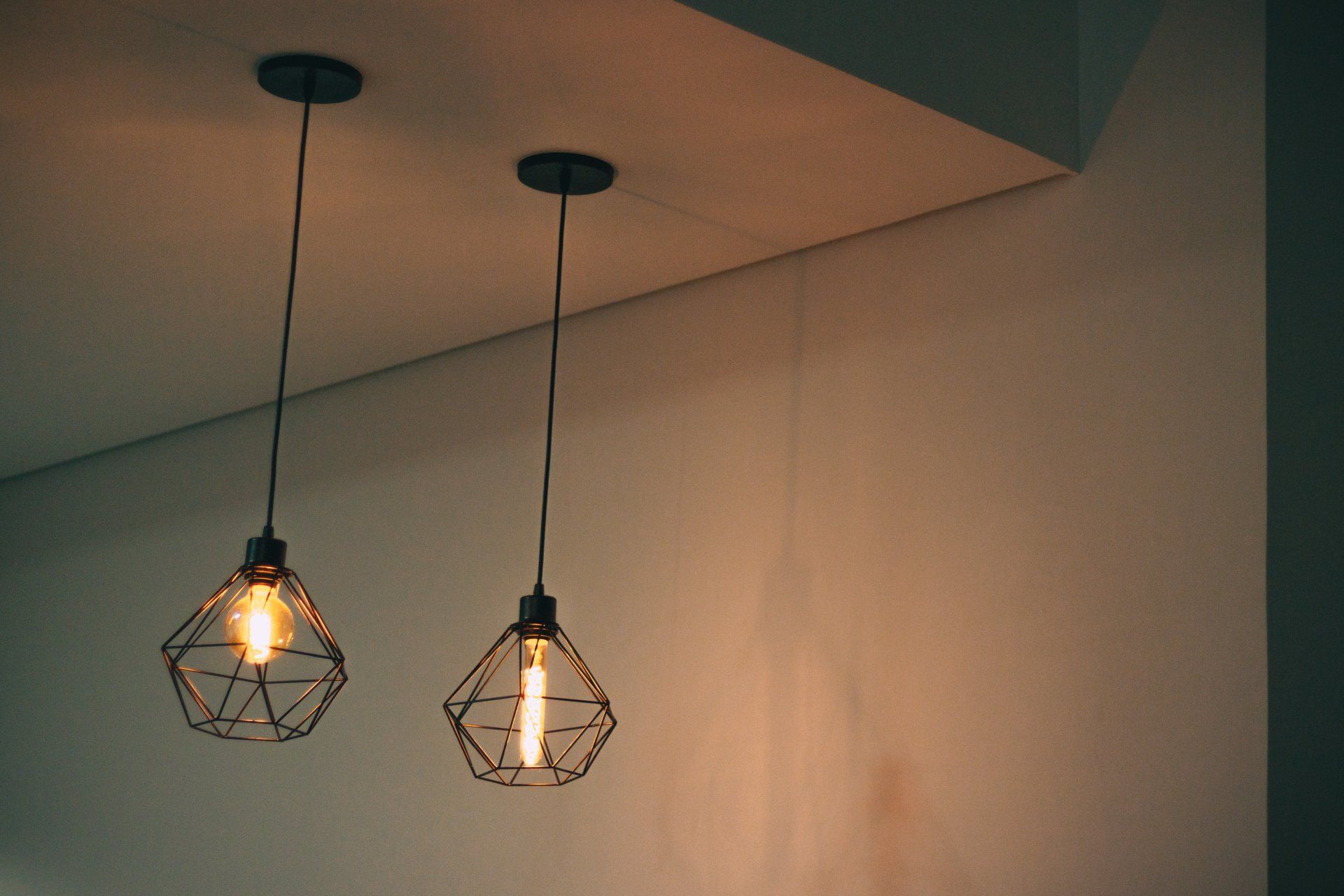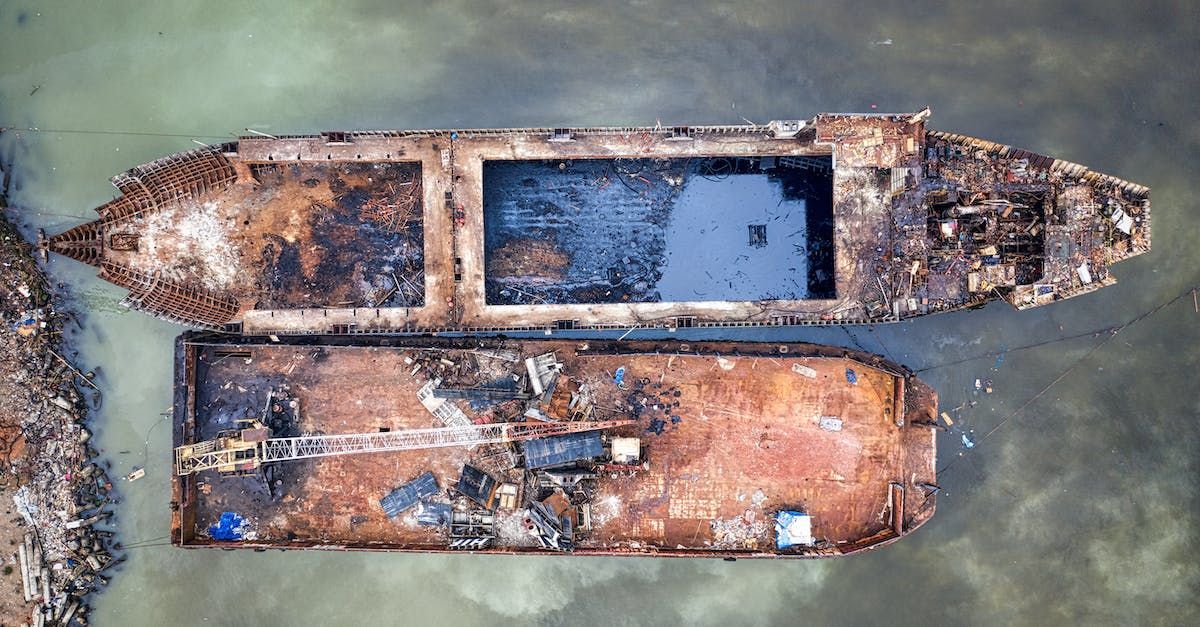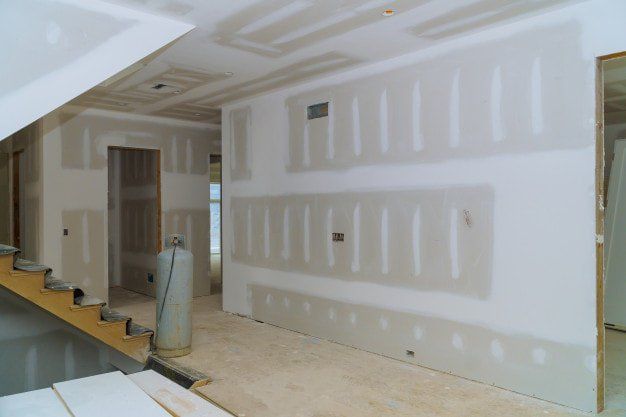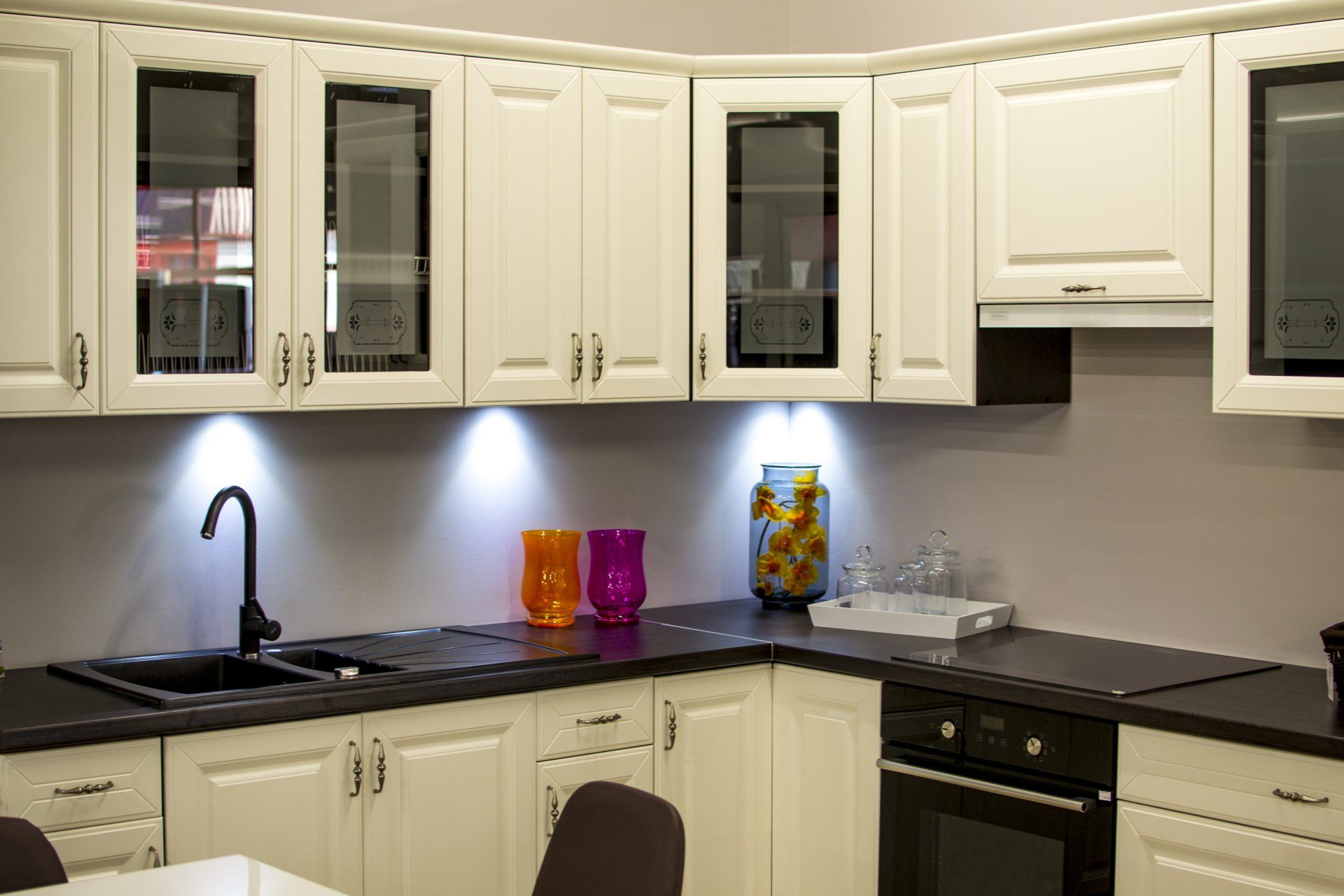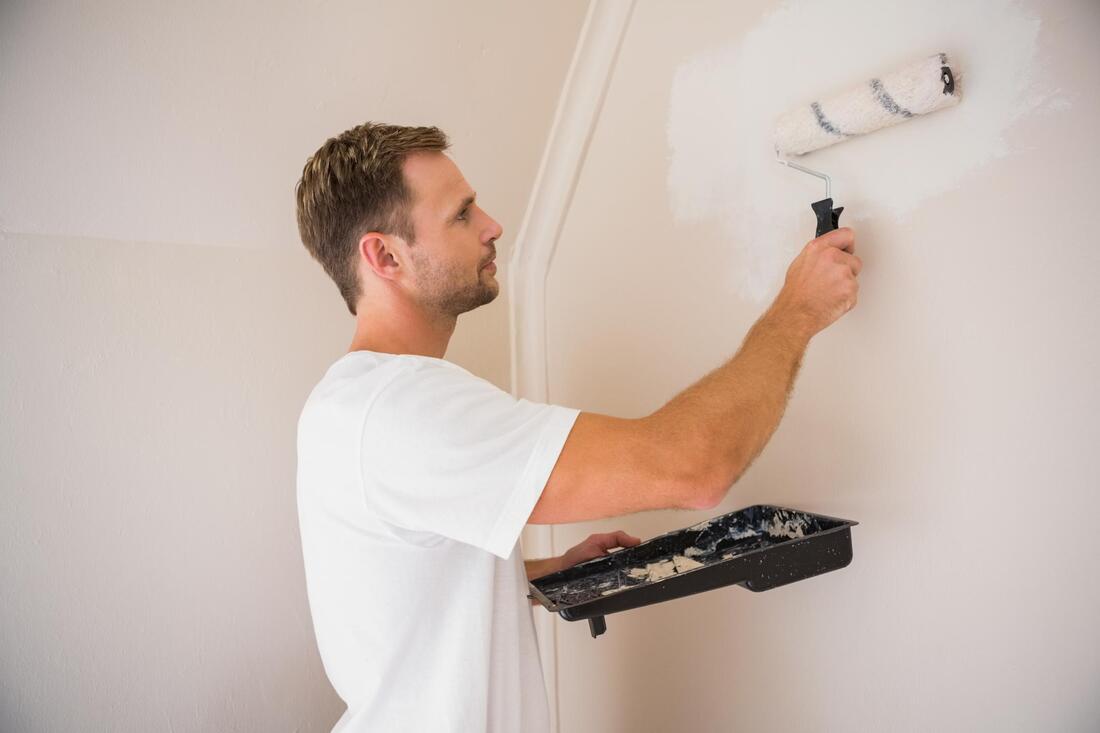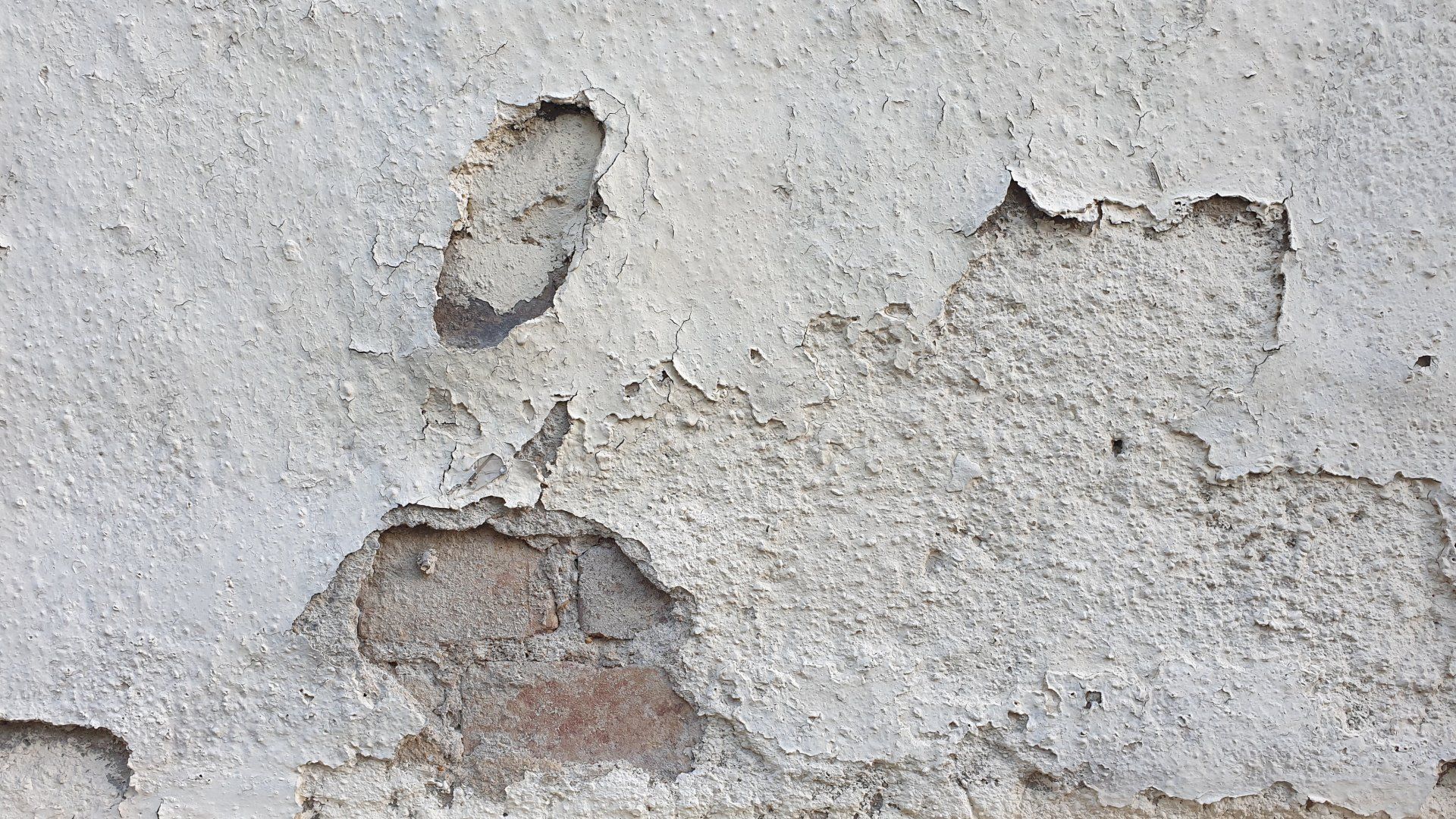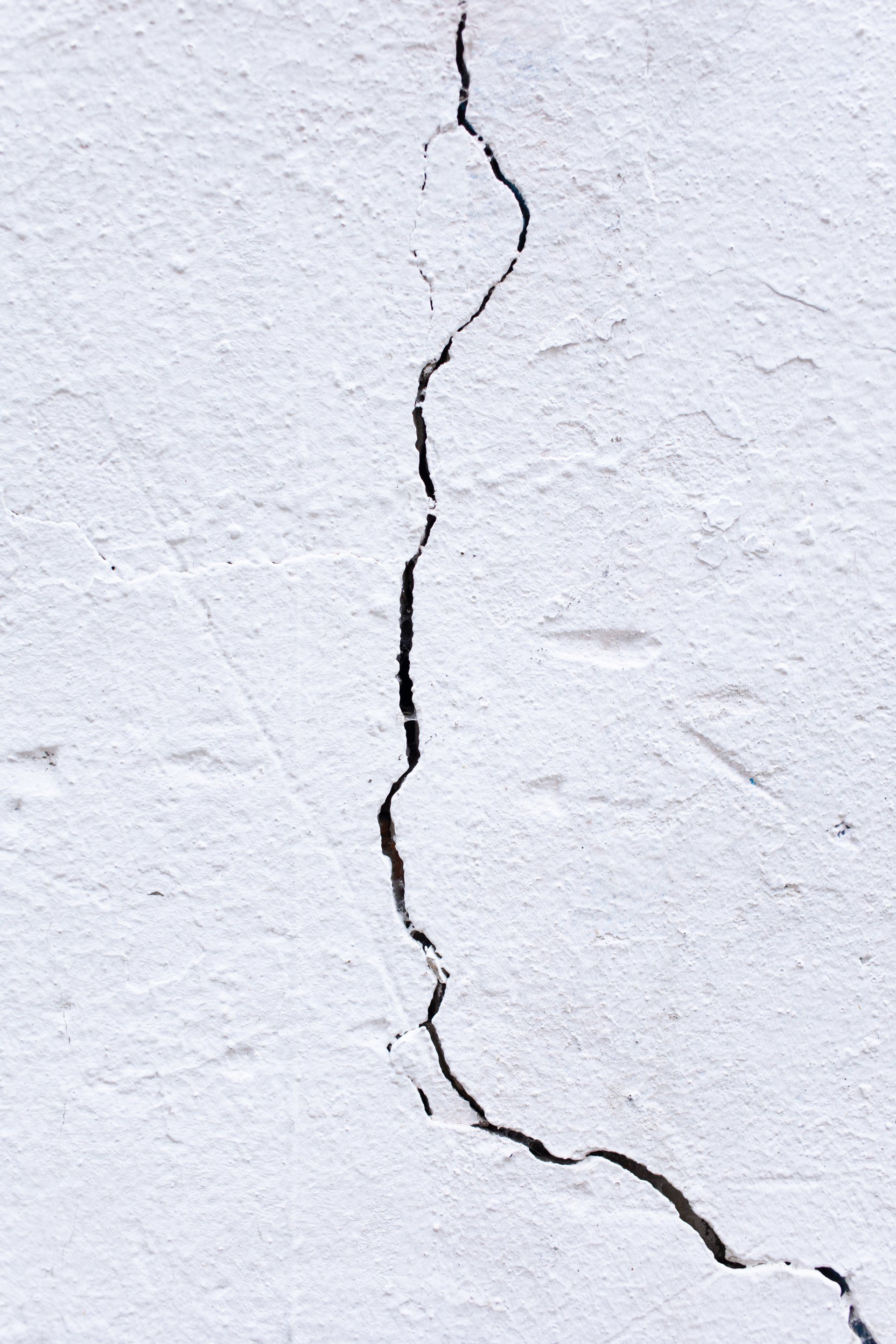"Insulation and Drywall Solutions: Transforming Your Living Space"
"The Art of Insulation and Drywall: Building Comfort and Efficiency"
When it comes to creating a comfortable and energy-efficient living space, insulation and drywall play pivotal roles. Insulation helps regulate temperature and reduce energy bills, while drywall provides the finishing touch to your walls and ceilings. In this comprehensive guide, we will explore the importance of insulation and drywall, the process of their installation, associated costs, and how to find reliable insulation and drywall contractors near you.
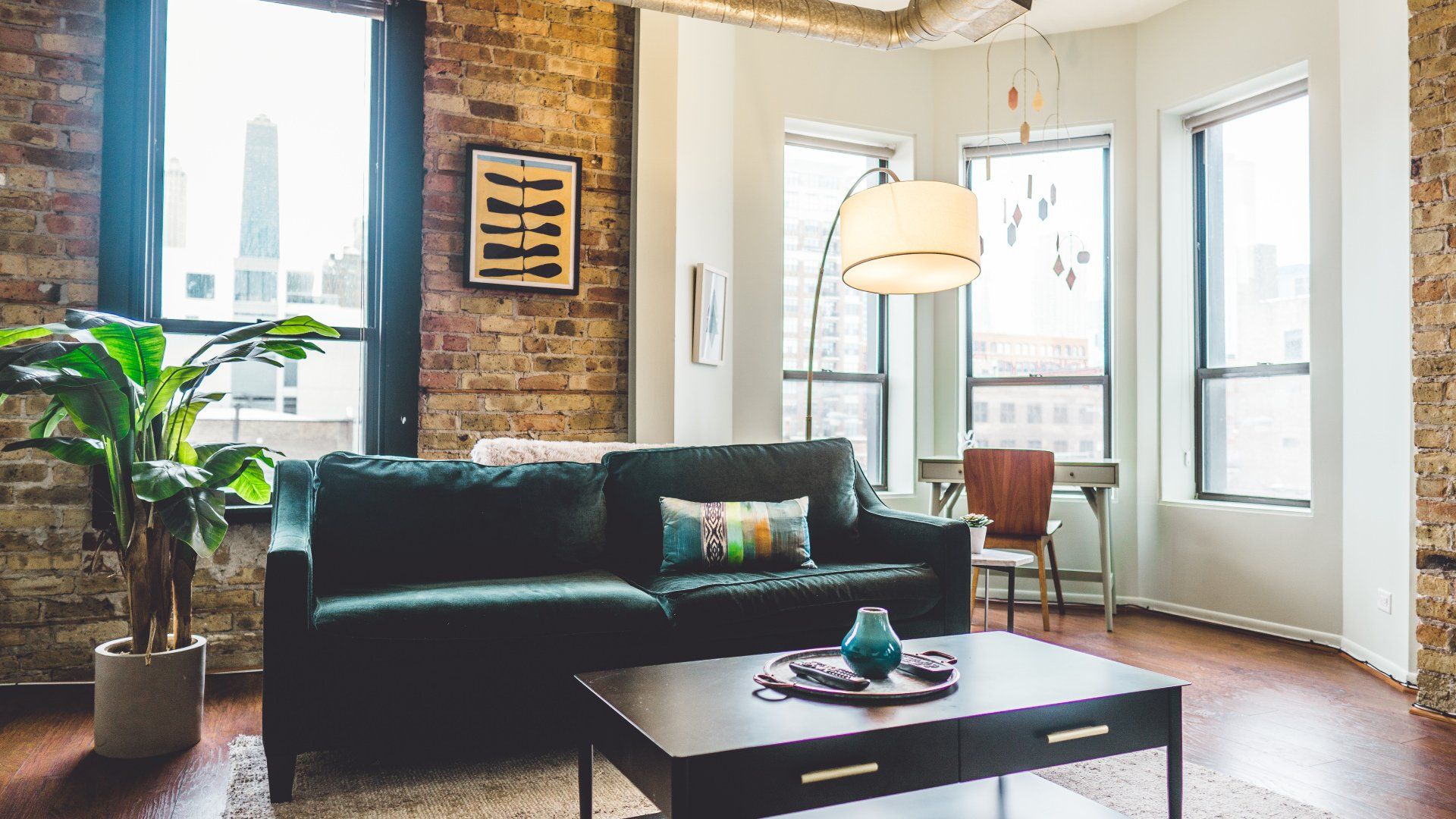
Understanding the Role of Insulation and Drywall
Insulation: The Key to Energy Efficiency
Insulation is the unsung hero of a well-constructed home. It acts as a barrier between the interior and exterior, preventing heat transfer and maintaining a comfortable temperature inside. Proper insulation not only keeps you warm in the winter and cool in the summer but also reduces energy consumption, ultimately leading to lower utility bills.
Drywall: The Finishing Touch
Drywall, also known as sheetrock or gypsum board, serves as the visible surface of your walls and ceilings. It provides a smooth, paintable surface that adds both structural support and aesthetic appeal to your living spaces. Drywall is an essential component of any modern building, offering a clean and finished appearance.
The Insulation and Drywall Installation Process
Insulation Installation
Insulation installation is a critical step in maintaining a comfortable indoor environment. There are several types of insulation materials available, including fiberglass, cellulose, foam board, and spray foam. The installation process typically involves:
a) Assessment: A professional insulation contractor assesses your home's insulation needs, taking into account factors such as climate, building design, and energy efficiency goals.
b) Material Selection: Based on the assessment, the contractor selects the appropriate insulation material and thickness to achieve the desired R-value (a measure of thermal resistance).
c) Preparation: Before installation, the area to be insulated is prepared, which may include cleaning and sealing gaps and cracks to ensure a tight seal.
d) Installation: The chosen insulation material is installed in walls, ceilings, floors, or attics, creating a thermal barrier.
e) Vapor Barrier: In some cases, a vapor barrier is added to prevent moisture from infiltrating the insulation, which could lead to mold and other issues.
Drywall Installation
Once insulation is in place, it's time for drywall installation to create the finished look of your interior. The process involves:
a) Measurement and Cutting: Drywall sheets are measured and cut to fit the dimensions of your walls and ceilings. Special attention is given to outlets, corners, and doorways.
b) Hanging: The cut drywall sheets are hung on the wall or ceiling studs using screws or nails. This forms the foundation for your interior surfaces.
c) Taping and Mudding: Joints and seams between the drywall sheets are taped and covered with joint compound (mud) to create a smooth and seamless surface.
d) Sanding and Texture: After the mud has dried, the surface is sanded and textured to your desired finish, whether it's smooth, textured, or a specific pattern.
e) Priming and Painting: The final step involves priming and painting the drywall to achieve the desired color and appearance.
Insulation and Drywall Installation cost
Insulation Installation Cost
The cost of insulation installation can vary significantly based on several factors:
a) Type of Insulation: Different insulation materials have varying costs per square foot. For example, spray foam insulation tends to be more expensive than fiberglass batts.
b) Insulation Thickness: Thicker insulation will generally cost more but can provide higher energy efficiency.
c) Square Footage: The size of the area to be insulated directly impacts the overall cost.
d) Accessibility: If the insulation installation requires access to tight or hard-to-reach spaces, it may increase the labor cost.
e) Location: Regional differences in labor and material costs can influence the final price.
On average, you can expect to pay between $1,500 and $4,000 for insulation installation in a standard-sized home.
Drywall Installation Cost
The cost of drywall installation can also vary based on several factors:
a) Type of Drywall: Standard drywall is more affordable than specialty drywall types, such as fire-resistant or soundproof drywall.
b) Labor Costs: Labor costs can vary depending on your location and the complexity of the job.
c) Finish Level: The level of finish you desire, whether it's a basic smooth finish or a more intricate texture, will impact the cost.
d) Square Footage: The size of the area to be covered with drywall directly affects the cost.
e) Repairs: If you are replacing existing drywall or repairing damaged areas, this can add to the overall cost.
On average, drywall installation costs range from $1.50 to $3.00 per square foot, including labor and materials.
Finding Insulation and Drywall Contractors Near You
The Importance of Choosing the Right Contractors
Selecting experienced and reputable insulation and drywall contractors is crucial to ensure a successful installation. Here are some key considerations when searching for contractors near you:
a) Credentials: Verify that contractors are licensed, insured, and certified for the specific services they offer.
b) Experience: Look for contractors with a proven track record of quality work and years of experience in insulation and drywall installation.
c) References: Request references from previous clients and check online reviews and ratings to gauge customer satisfaction.
d) Estimates: Obtain multiple quotes from different contractors to compare pricing and services.
Searching for Insulation and Drywall Contractors
To find insulation and drywall contractors near you, consider the following strategies:
a) Online Search: Use search engines and online directories to find contractors in your area. You can use keywords like "insulation and drywall contractors near me" to narrow down your search.
b) Recommendations: Ask friends, family, neighbors, or colleagues for recommendations if they have recently had insulation or drywall work done.
c) Local Trade Associations: Contact local trade associations or building organizations for referrals to reputable contractors.
d) Home Improvement Stores: Visit local home improvement stores and ask for contractor recommendations from their staff.
Conclusion
In conclusion, insulation and drywall are integral components of any well-constructed and comfortable living space. Insulation plays a vital role in maintaining energy efficiency and temperature control, while drywall provides the finishing touch that transforms a structure into a home. Understanding the installation processes, associated costs, and how to find reliable contractors near you is essential for a successful project.
When considering insulation and drywall installation, it's crucial to factor in the specific needs of your home, your budget, and the qualifications of the contractors you choose. By taking the time to research, obtain multiple quotes, and select experienced professionals, you can ensure that your insulation and drywall project is executed to your satisfaction, creating a more comfortable and energy-efficient environment for years to come.
Ready to work with CHICAGO DRYWALL REPAIR?
Let's connect! We’re here to help.
Send us a message and we’ll be in touch.
Or give us a call today at 111-222-3333
